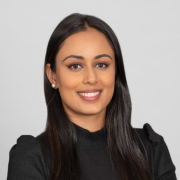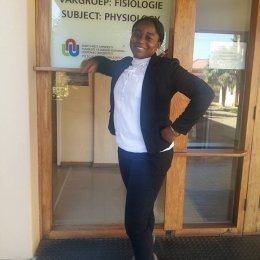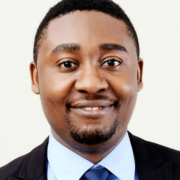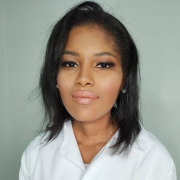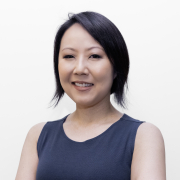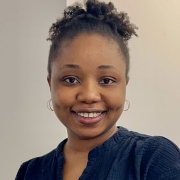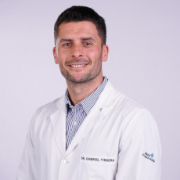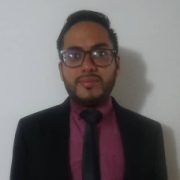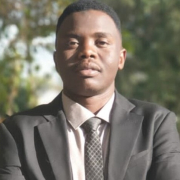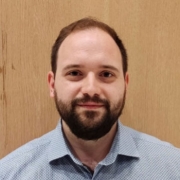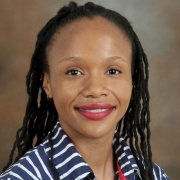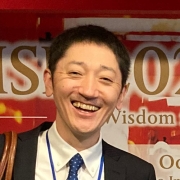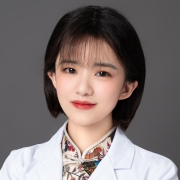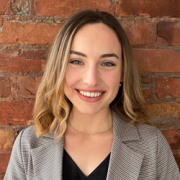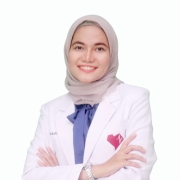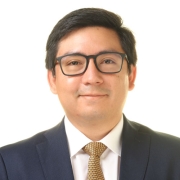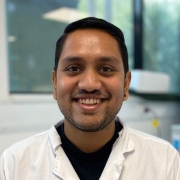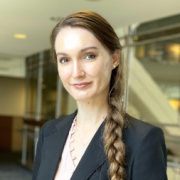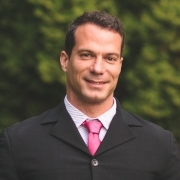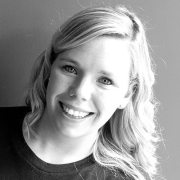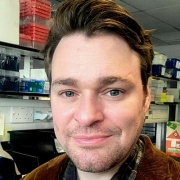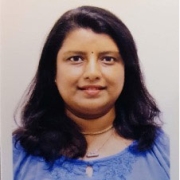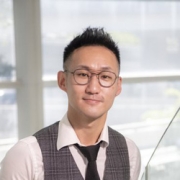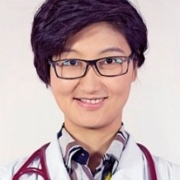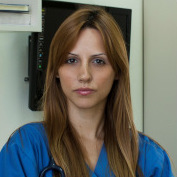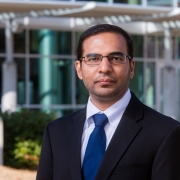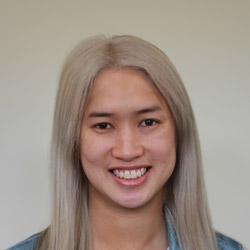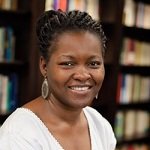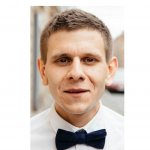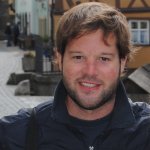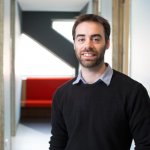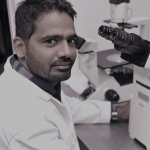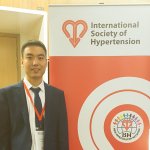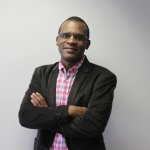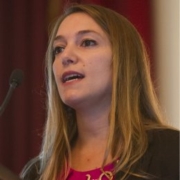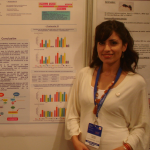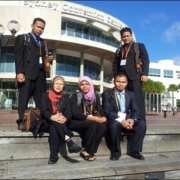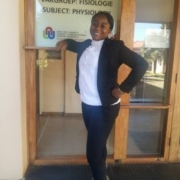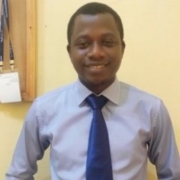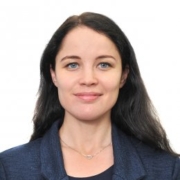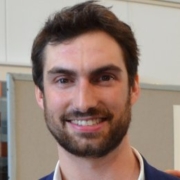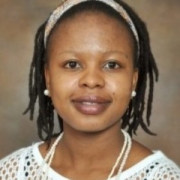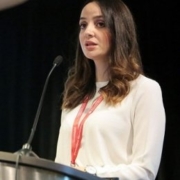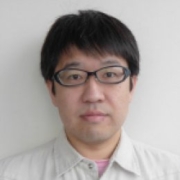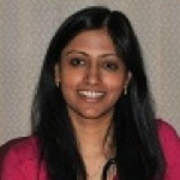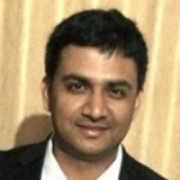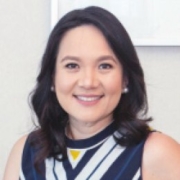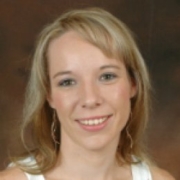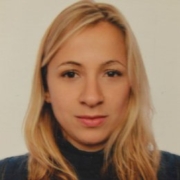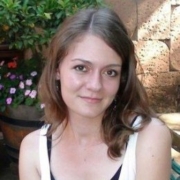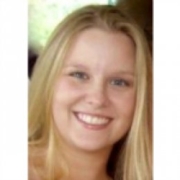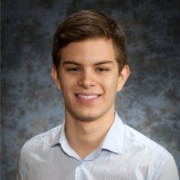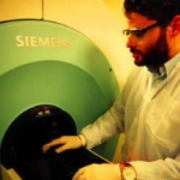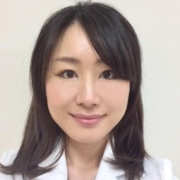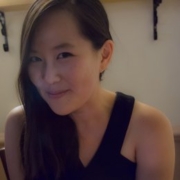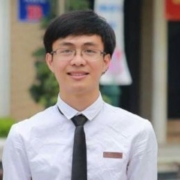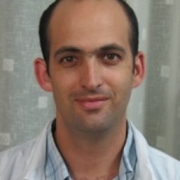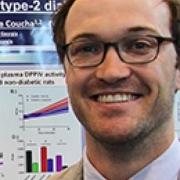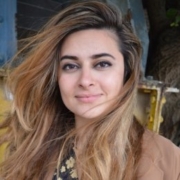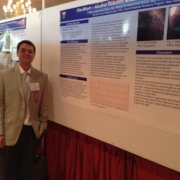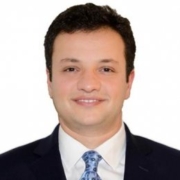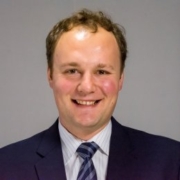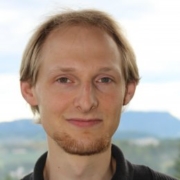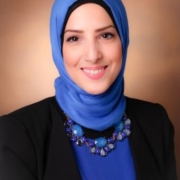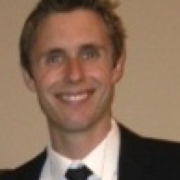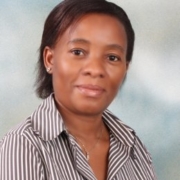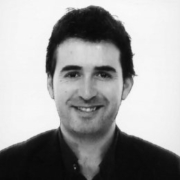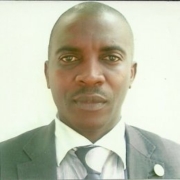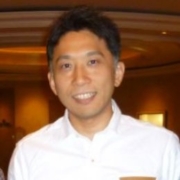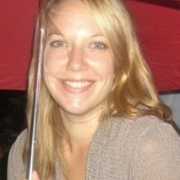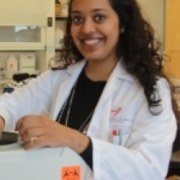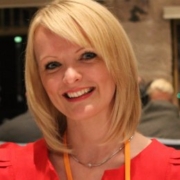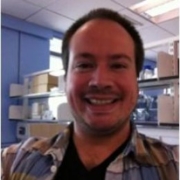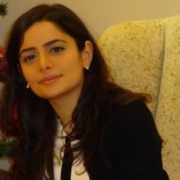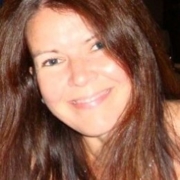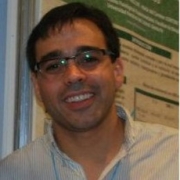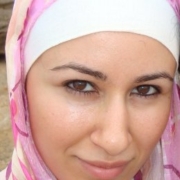How did you become interested in research relating to Hypertension?
The increasing burden of cardiovascular diseases in African prompted my interest in the field of cardiovascular physiology. Based on the above, I wished to provide empirical evidence on the predictors that predispose this particular population to early biological ageing and hypertension development, known factors for the development of cardiovascular diseases.
Describe your research & the program/lab (info of your supervisor) that you are in?
In this particular study, I am investigating the role of leptin on various cardiovascular indices such as: autonomic modulation, blood pressure and vascular endothelial cells and function. This work is expected to increase our understanding on the contributions of the biomarker, leptin, (which strongly relates to overweight and obesity), in the development of cardiovascular disease in young South Africans.
My research study is a sub-study under the African Prospective study on the Early Detection and identification of Cardiovascular disease and Hypertension (African-PREDICT). I perform the research as part of the Hypertension in Africa Research Team (HART) under the supervision of Prof. Alta Schutte (Principal Investigator of the African-PREDICT Study), Dr Wayne Smith and Dr Leandi Lammertyn.
What do you consider to be your substantial scientific contribution so far (provide Pubmed PMID if possible)?
For now, I have contributed scientifically to the understanding of the role of leptin as a potential risk factor for the development of hypertension among young adults of South Africa from my first PhD manuscript (PMID: 29179226).
What is your favourite manuscript from a lab other than your own (provide Pubmed PMID if possible)?
Sincerely speaking, any article that identifies the risk factor either for hypertension or cardiovascular disease development and then proffers a solution against the future occurrence of these diseases, stands out to be my favourite manuscript. One of such article: Hypertension in the Developing World: Challenges and Opportunities (PMID: 19962803)
What facilities are essential for your research?
I am conducting my research in the Hypertension Training and Research Clinic, Potchefstroom Campus of the North-West University. This hypertension clinic is equipped with standardized equipments and laboratory, for capturing data. The success of the study is also dependent on the team of researchers and postgraduate students, trained to perform the various measurements in the Hypertension clinic, as well as the funding available to analyse data and samples obtained.
Where do your research strengths lie? Why? What are your research weaknesses? How will you improve?
My research strengths lie in my ability to think critically, demonstrate attentiveness and collaborate effectively with a team of other researchers. I am also able to go beyond just working in the lab and writing papers. I go into the communities of the study area, to create awareness on hypertension and cardiovascular disease development. I am most privileged to be tutored and mentored by experienced and senior researchers in the field of cardiovascular physiology.
Apart from my research strengths, I also have research weaknesses some of which are being limited to a cross-section study design and paying too much attention on my professionalism.
In the future, I hope to work on other types of study design, go for short courses and also network with other scientist (international collaborators). I am also currently improving my knowledge further on molecular related studies for future opportunities and studies.
Describe your unforgettable (proudest) moment in science, and the most challenging situation that you have had to overcome (lessons learnt) so far?
My most unforgettable moment was when I got the news this year (February 27th, 2018), that I have been selected amongst the top 600 scientist in the world to attend the prestigious meeting with the Nobel Laureates in medicine/physiology from the 24th -29th of June, 2018, in Germany.
However, the most challenging situation that I had to overcome was coping in an environment where I had little or no opportunity to demonstrate some of my ambitions like tutoring. I am so glad I overcame this challenge by looking beyond a small space and I saw the world from another perspective. I have been visiting disadvantaged schools in South Africa to stimulate their interest in science and creating awareness on hypertension and CVD development among rural dwellers.
From this event, I noticed that hypertension awareness in the rural communities (black communities) of South Africa was very minimal. I saw people who have never measured their blood since birth and were more than 18 years of age, most of them get to know their blood pressure only when they are sick. They never practised healthy lifestyle living because they never understood the health implication. But after the awareness and teaching of healthy lifestyle living, I immediately saw some old black mothers buying beetroots from the close-by Mall and I was really touched. Others were also asking intelligent questions about exercising. Now I know that I can beat hypertension development through awareness and Identify cardiovascular disease risk markers, alternative preventive measures and treatment strategies through science and technology.
At which conference did you first present? How was your experience?
My first presentation was at the International Brain Research Organization (IBRO) when I was an undergraduate student in 2007. At that conference, I presented on the topic: Pre-synaptic inhibition mediated by adenosine. I was very nervous, but to my greatest surprise, I won the best undergraduate presentation. Prof. Alasdair Gibb (Prof. of Pharmacology, UCL, London) was my mentor for the symposium and I remember he was always telling me that I could do it and eventually, I made it.
What upcoming conferences will you be attending, and what is the furthest distance that you have traveled for a conference?
I am so happy I will be attending the ISH conference: Hypertension Beijing 2018. The furthest I have ever traveled for a conference was from Nigeria to South Africa.
How did you learn about ISH/NIN and its activities?
I learnt about the ISH/NIN in the process of reading through my Promoter’s CV. I discovered that she is the vice president of the society. I then went online to check what the ISH is all about after which I developed an interest in the society (ISH) I then made a request for a statement of support for membership application from her of which she kindly granted.
What area(s) do you wish to specialize in the future?
In the future, I will love to specialise in cardiovascular physiology.
Who is your role model in Science? Why?
My role model in science is Gertrude B. Elion, who is a Biochemist and a Nobel laureate. She inspires me by her words (see her quotes below) and looking up to her, also gives me the courage that one day I will be a Nobel laureate in physiology. Right now, I see beyond my limitations because of her.
What are your scientific goals? Advise for talented emerging scientists?
My scientific goal is to positively impact the society through effective utilization of knowledge and skills, as well as dedication towards scientific research. As part of this vision, I would like to extend my current PhD research experience and findings to understanding the mechanism by which cardiovascular risk factors could result in cardiovascular disease as well as hypertension development. I also aim at demystifying the misconceptions and preconceptions surrounding cardiovascular disease development in the black population, especially those from Africa.
My advice for talented emerging scientist is very simple and it goes like this- “pursue your dreams, and keep on persisting. Do not be discourage because one day you will eventually smile at your success”.
